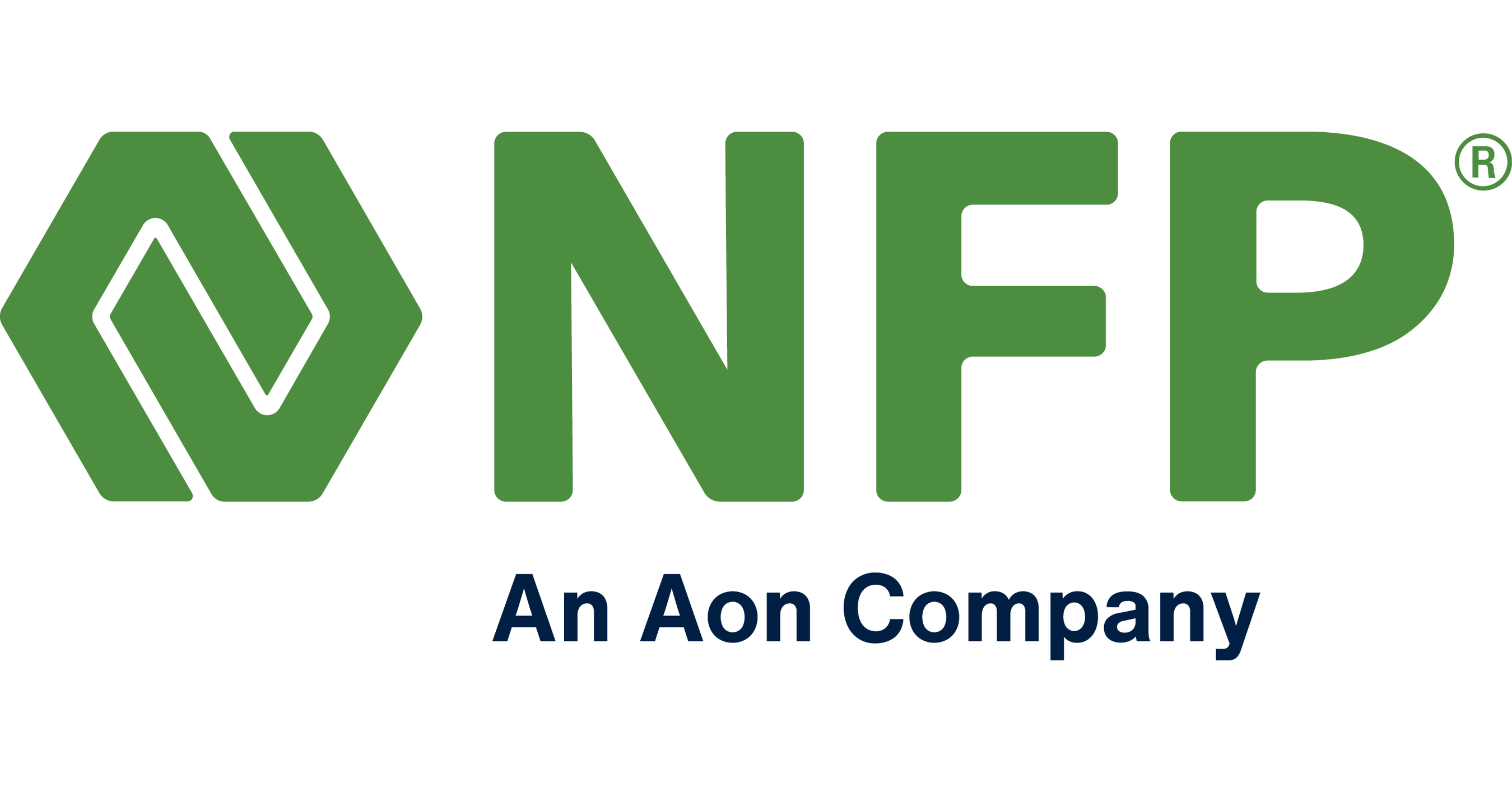Fuel levy will hit the poor hardest - economists
The increase in the fuel levy will hit the poor the hardest, making travel to work more expensive and driving up the cost of food.
This is according to experts who have warned that the increase will worsen the financial strain that many consumers are already facing.
On Wednesday afternoon, finance minister Enoch Godongwana tabled his budget, increasing the fuel levy, which had remained unchanged for three years. From June 4, the general fuel levy will increase by 16 cents per litre for petrol and 15 cents per litre for diesel.
Dr Eliphas Ndou from the department of economics at Unisa said the increase will result in the poor becoming even poorer. “This will increase inflation for the lowest income expenditure deciles [categories]. The fuel will directly increase transport costs and raise food costs,” he said.
The spokesperson for the SA National Taxi Council (Santaco), Mmatshikhidi Phala, said the hike will have an adverse effect on the industry, which will spill over to commuters.
“Despite these rising operational costs, fare adjustments are implemented only once a year and are guided by the specific needs of each route, with commuter affordability always in mind,” she said.
“This situation underscores the urgent need for the introduction of a government-subsidisation model for the taxi industry, which remains the primary mode of transport for the majority of South Africans. A sustainable subsidy framework would help shield both operators and commuters from the financial strain caused by ongoing economic volatility.”
During his speech, Godongwana said the country was in a “difficult environment” where it remained vital to take action to increase revenue, protect front-line services and expand infrastructure investments.
“This budget proposes an inflation-linked increase to the general fuel levy. For the 2025/26 fiscal year, this is the only new tax proposal that I am announcing.” .”
Godongwana said after the VAT increase and expanded zero-rating interventions proposed in his March budget were withdrawn, he would propose to raise R18bn in revenue in the 2025/26 financial year and provide R1bn in relief in 2026/27.
He said the measure alone would not close the fiscal gap over the medium term.
According to the budget overview, the general fuel levy had remained unchanged for the past three years to provide consumers with relief from high fuel price inflation. Oil prices have steadied in recent months, as has the global inflation outlook since 2022.
“To replace a portion of the lost revenue from the withdrawal of the VAT rate increases, the government proposes an inflationary increase in the general fuel levy,” Godongwana said.
University of Johannesburg economist Dr Peter Baur said, “in a way” the fuel levy “functions as an indirect tax on the employed, while those not travelling and likely not employed aren’t affected in the same way".
“We are still taxing consumers, but only a portion of them, specifically those who are actively working,” he said. “That makes it a variable tax, one that doesn’t apply uniformly across all products or people. It adds pressure on disposable income, especially for lower-income workers who rely on transport daily. This, in turn, affects income distribution.”
Prof Tshepo Mongalo from Wits University’s School of Law, who specialises in economy, agreed, saying the middle class will also be affected as they will incur more transport costs.
“There are a lot of people who are complaining that 30% of their income goes straight to transport, so it [the fuel increase] is unsustainable, more especially for those who rely on public transport, which goes up [in price] but never really goes down.
“Fuel price not only affects the price at the fuel station,” he said, “it also affects a whole lot of other things, including [the cost of] transport for food. Increasing the fuel levy is much like replacing something bad [the VAT hike] with something worse.”
When he was meant to table the budget in February, parliament postponed the joint sitting at the last minute as his VAT hike proposal faced intense resistance at the cabinet level.
In March, he managed to table a budget, but the handling of the fiscal framework and revenue proposals by parliament’s standing committee on finance prompted the DA and the EFF to challenge these processes in court. The proposal to hike VAT was then withdrawn. – Additional reporting Khulekani Magubane











